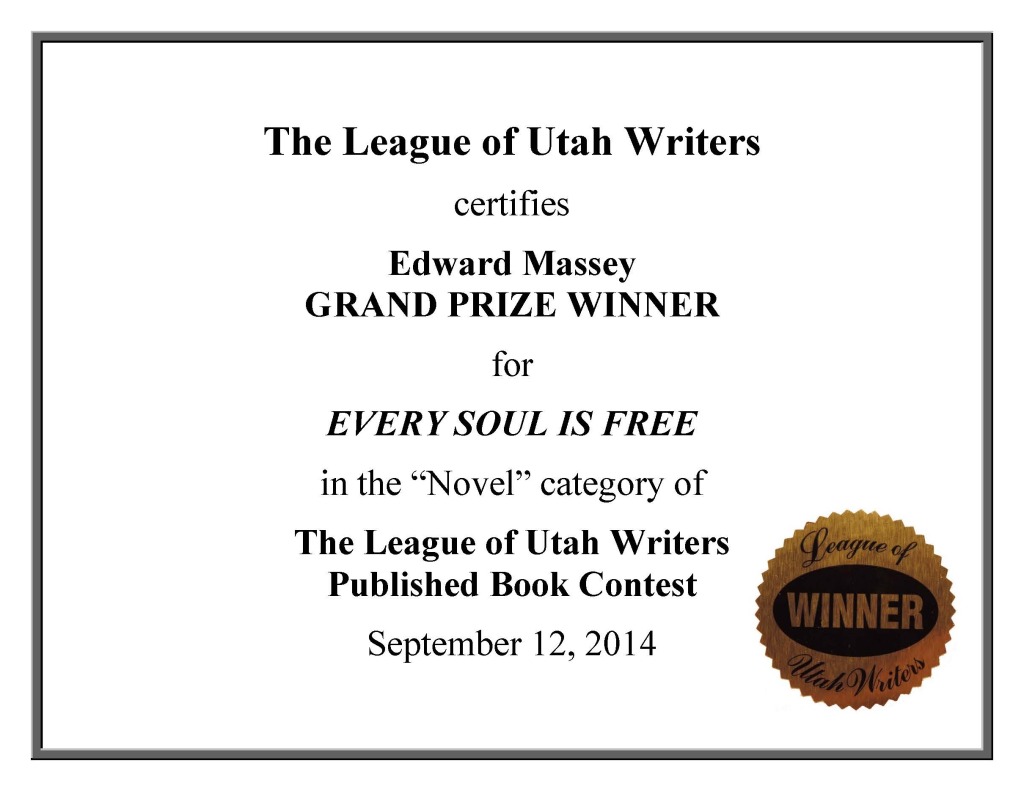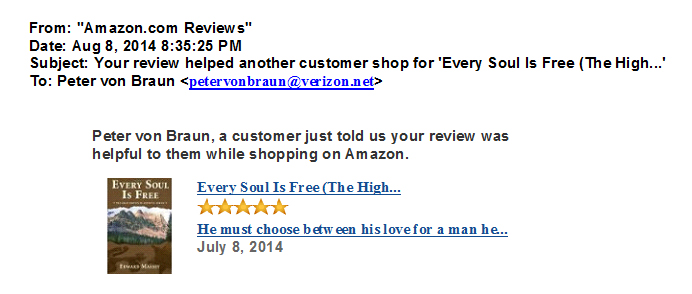I went with friends Wednesday night to the Bolshoi production of Swan Lake. I should have read more about the current state of the Bolshoi before I went or maybe just stayed home. The Playbill credits Yuri Grigorovich with Libretto and Choreographic version. Put bluntly he has re-written in drama and dance a classic.
I believe we need modern classics. I applaud John Adams in opera and I like the new choreographers. In fact, even Balanchine can be viewed as a new classic. But this Bolshoi production cannot honestly be labeled Swan Lake. Perhaps it could be called Grigorovich’s Swan Lake if plagiarism and theft are legitimate in ballet. More appropriately it should be titled Political Correctness and the Evil Genius.
Grigorovich has transformed a 19th Century classic into a politically correct, storyless, political statement, where females now dance male roles, and in the end — why didn’t I see it coming — evil triumphs over good.
Rothbart is no longer Rothbart, he is the evil genius. He no longer seduces and enslaves the women, he exercises evil mind control. Siegfriend is no longer given a crossbow for his birthday, but a tankard of (?funny juice?) and he falls asleep to gain his transport into the kingdom of the swans. No swan transforms into a woman to save lives and thus is destroyed one of the greatest balletic moments for all ballerinas — no transformation to create the breathtaking and awe inspiring ports de bras exit of the swan. In the second act, women dance male roles; fair maidens are so sexually neutral that you don’t notice Odile merely walks on the stage. No need for a dramatic entrance if you are the only act in town! And Siegfried fell for her, even though she fell out of her feuilletes. (In a production so disrespectful, maybe that, too, was deliberate.)
When I wrote all of my complaints to my good friend, John Tessitore, to save him from the temptation ever to waste $150 a ticket on today’s version of the Bolshoi, he wrote back: “It is of course a disappointment to hear that a production from the world’s once greatest ballet company could be anything less than spectacular. …it seems obvious to me that this Grigorovich production is the latest in what I find a silly trend to rewrite and in effect completely reverse the plots of fairy tales, which … most recently continued with the Disney film Maleficent. … I don’t find these re-workings to be particularly clever or interesting. …The good news is that all fads fade away.”
There actually was an author, Musäus, who wrote the fairy tale, ca. 1784. If someone changes the ending of Every Soul Is Free 230 years from now, I assure you I will come back, mount my own posse, and hunt him down.
 It is called the Gold Quill award. The League of Utah Writers gave me a gold quill pin and stickers for my books.
It is called the Gold Quill award. The League of Utah Writers gave me a gold quill pin and stickers for my books.
 My July is spent in Maine, well, commuting to Maine, because Anne spends July at Drakes Island. After a few years, I started to look forward to July in Maine. Now I do. So, this year, truncated and chopped up, turned out to be a frustrating disappointment, ended already on Sunday the 20th, and without once going in the water. So, you can imagine how happy I was to see Anne in the waves on Tuesday and now I share her with you
My July is spent in Maine, well, commuting to Maine, because Anne spends July at Drakes Island. After a few years, I started to look forward to July in Maine. Now I do. So, this year, truncated and chopped up, turned out to be a frustrating disappointment, ended already on Sunday the 20th, and without once going in the water. So, you can imagine how happy I was to see Anne in the waves on Tuesday and now I share her with you “Where the hell did she come from?” about a character who placed a call in the eighteenth chapter. I had been living with her since the eleventh chapter, but apparently the reader hadn’t. Major work to solve.) Anyway, debate aside, rewriting aside, I have a wonderful family of children and step-children (whom I think of without the “step-“) and they went running today in Portland, a half-marathon for some, a 5k for others. Everyone finished, in great time, and they are all beautiful, see them here.
“Where the hell did she come from?” about a character who placed a call in the eighteenth chapter. I had been living with her since the eleventh chapter, but apparently the reader hadn’t. Major work to solve.) Anyway, debate aside, rewriting aside, I have a wonderful family of children and step-children (whom I think of without the “step-“) and they went running today in Portland, a half-marathon for some, a 5k for others. Everyone finished, in great time, and they are all beautiful, see them here.